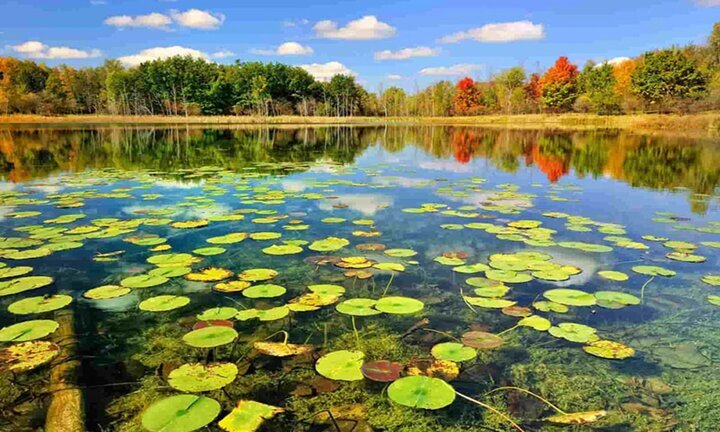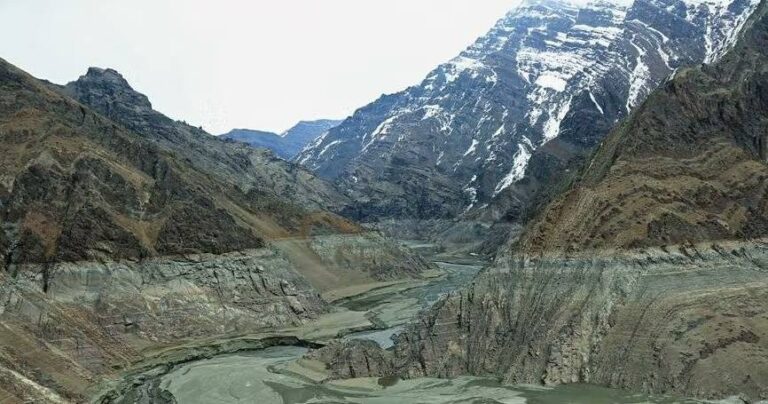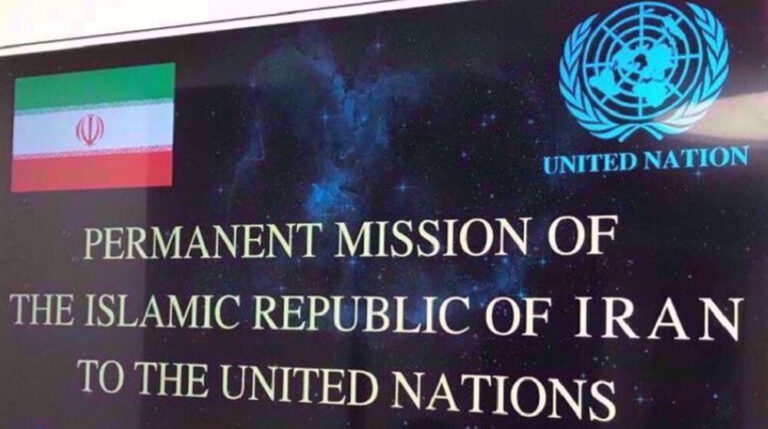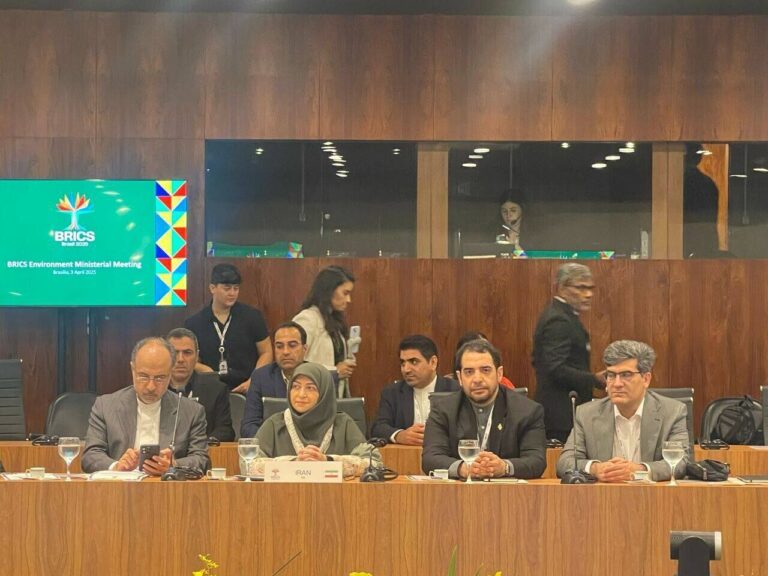Iran Celebrates May 21 as National Ecotourism Day: A Tribute to Sustainable Travel
Iran is embracing its natural beauty and cultural heritage by declaring May 21 (Ordibehesht 31) as the “National Day of Ecotourism.” This initiative invites travelers to explore the country’s stunning landscapes while prioritizing sustainability and conservation. With Iran Ecotourism, visitors can engage in unique adventures that range from trekking through lush forests to traversing vast deserts, all while adhering to practices that protect the environment and uplift local communities.
Through Iran Ecotourism, travelers are encouraged to take on the role of environmental guardians, actively working to minimize their ecological footprint. This approach not only focuses on preserving natural resources but also emphasizes a commitment to the surrounding communities. Here are some vital points about the impact of ecotourism in Iran:
- Support Local Economies: Tourists can contribute to economic growth by purchasing local products and handicrafts.
- Eco-Friendly Accommodations: Staying in eco-resorts enhances the travel experience while supporting sustainability.
- Cultural Immersion: Engaging with local communities provides authentic experiences and reinforces the connection between travelers and nature.
Ecotourism can be a powerful tool for economic, social, and environmental development, especially in regions rich in natural resources. Despite Iran’s significant potential for ecotourism, there has been a lack of a cohesive strategy to harness these opportunities fully. It is crucial to implement effective measures that optimize the development of ecotourism in the country.
Research has identified the key dimensions for developing ecotourism in Iran, which include:
- Management: Establishing effective governance and oversight mechanisms.
- Infrastructure Development: Improving facilities and access to ecotourism sites.
- Marketing and Training: Promoting ecotourism and educating stakeholders.
- Human Resource Development: Building capacity among local communities and service providers.
Furthermore, essential strategies for enhancing ecotourism in Iran involve:
- Marketing Activities: Increasing market share through effective promotion.
- Diversifying Products: Offering a wider range of ecotourism experiences.
- Improving Accessibility: Enhancing roads and transport to tourism sites.
- Disaster Resilience: Strengthening destinations against natural calamities.
Given Iran’s diverse landscapes, its ecotourism tours cater to a wide array of interests, allowing travelers to appreciate the country’s ecological diversity while promoting sustainable travel practices. Here are some popular types of ecotourism tours available in Iran:
- Nature Treks and Mountain Climbing: Discover the rugged terrains of the Alborz and Zagros mountains, with trails suitable for all skill levels.
- Desert Safaris: Experience the vast deserts like Dasht-e Kavir and Lut Desert for stargazing and camel trekking.
- Wildlife Watching: Observe Iran’s rich biodiversity in national parks like Golestan, home to rare species such as the Persian leopard.
- Cultural and Village Tours: Learn about traditional lifestyles and sustainable practices in rural communities like Abyaneh and Masuleh.
- Adventure Sports: Engage in thrilling activities such as river rafting, skiing, and paragliding.
- Botanical Tours: Explore Iran’s unique flora in regions like the Hyrcanian Forests, a UNESCO World Heritage site.
- Eco-Volunteering Opportunities: Participate in conservation efforts and community projects, contributing to the preservation of Iran’s natural wealth.
These diverse tours provide immersive experiences, enabling travelers to connect with nature and local cultures while supporting environmental conservation initiatives. Iran’s ecotourism highlights a breathtaking array of natural attractions, from the majestic peaks of Mount Damavand to the enigmatic Martian Mountains. As visitors explore these ecological wonders, they not only enjoy the stunning scenery but also learn the importance of preserving such treasures.
Overall, Iran’s natural sites serve as a call to adventure and conservation, making it an essential destination for eco-conscious travelers eager to discover hidden gems. Ecotourism in Iran not only promotes sustainable travel but also fosters a deeper understanding of the environment and the necessity of its preservation.
By choosing ecotourism, visitors can enjoy the beauty of Iran while contributing positively to its ecological and cultural landscape.






